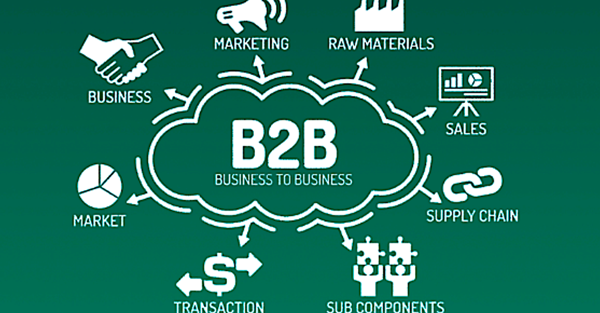Place of Supply Errors in B2B Transactions
In the realm of Goods and Services Tax (GST), the concept of Place of Supply (POS) is pivotal. It determines the nature of a transaction—whether it’s inter-state (attracting IGST) or intra-state (attracting CGST and SGST)—and directly impacts the eligibility of Input Tax Credit (ITC) for businesses.
However, misinterpretations or errors in determining the correct POS can lead to significant compliance issues, including denial of ITC, interest liabilities, and scrutiny from tax authorities.
Understanding Place of Supply in B2B Transactions
For Business-to-Business (B2B) transactions, the general rule under Section 12 of the IGST Act, 2017, stipulates:
- Goods: The place of supply is where the movement of goods terminates for delivery to the recipient.
- Services: The place of supply is typically the location of the recipient. This determination is crucial because it dictates the type of GST applicable and the state that receives the tax revenue.
Common Errors in Determining Place of Supply
1. Mismatch Between POS and Recipient’s GSTIN:
If a supplier issues an invoice with a POS different from the recipient’s registered state, it can render the ITC ineligible for the recipient.
2.Incorrect Application of IGST vs. CGST/SGST:
Charging IGST instead of CGST/SGST (or vice versa) due to misinterpretation of transaction nature, especially in drop shipments or third-party transactions.
3.Confusion Between Billing and Shipping Addresses:
Determining POS based on the billing address rather than the actual delivery location can lead to incorrect tax application.
4.Errors in ‘Bill-to-Ship-to’ Transactions:
Misidentifying the POS in scenarios where goods are billed to one party but shipped to another can cause compliance issues.
Implications of Place of Supply Errors
- Denial of Input Tax Credit (ITC): Incorrect POS can make the recipient ineligible to claim ITC, increasing the cost of procurement.
- Interest and Penalties: Under Section 50 of the CGST Act, incorrect tax payments due to POS errors can attract interest and penalties.
- Audit and Scrutiny: Discrepancies in POS can lead to audits and detailed scrutiny by tax authorities.
- Delayed Refunds: Exporters or suppliers to SEZ units may face delays in refund claims due to POS mismatches.
Best Practices to Avoid Place of Supply Errors
1.Comprehensive Training:
Ensure that billing and accounting teams are well-versed with POS rules and their implications.
2.ERP System Validations:
Implement checks in accounting software to flag potential POS mismatches during invoice generation.
3.Regular Reconciliation:
Periodically reconcile GSTR-2B with purchase registers to identify and rectify discrepancies.
4.Vendor Communication:
Engage with suppliers to ensure they correctly report POS in their GSTR-1 filings.
5.Review Complex Transactions:
Pay special attention to transactions involving multiple states, third-party billing, or services related to immovable property.
Conclusion
Accurate determination of the Place of Supply is not just a compliance requirement but a critical aspect that affects a business’s financial health. By understanding the nuances of POS rules and implementing robust internal controls, businesses can mitigate risks associated with GST compliance and ensure seamless operations.


 India
India  Canada
Canada

